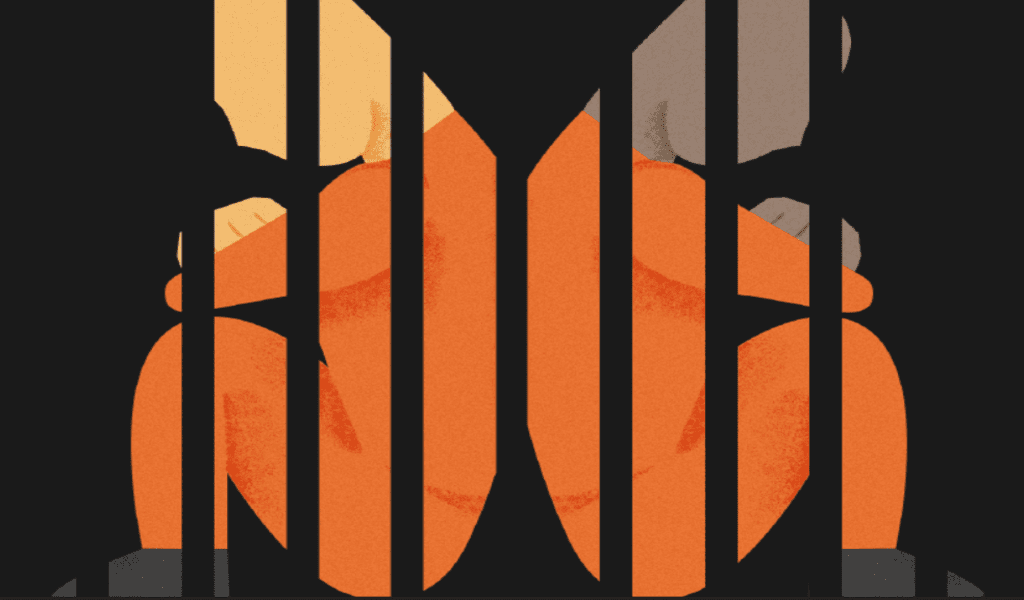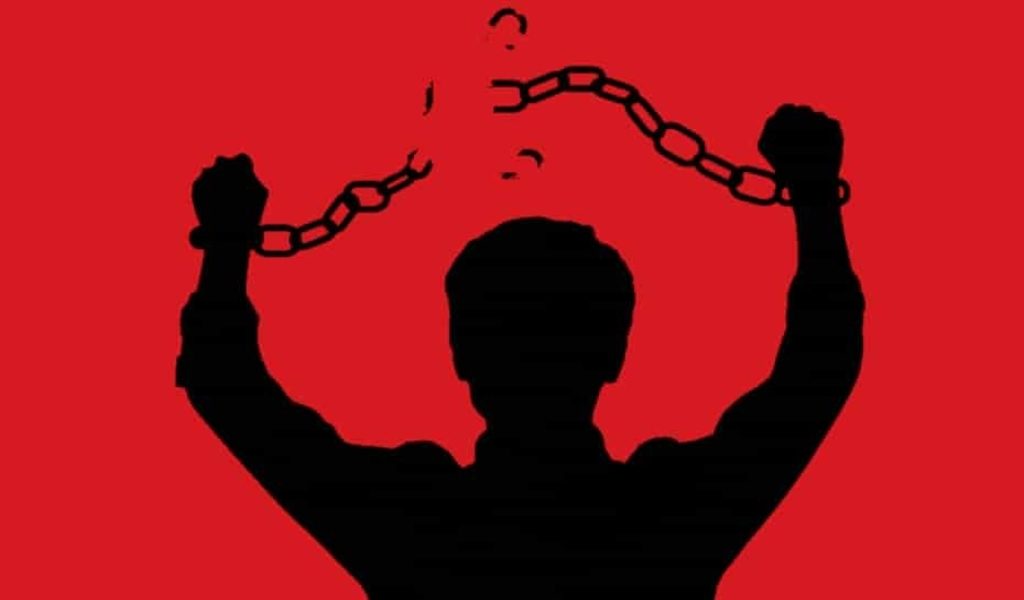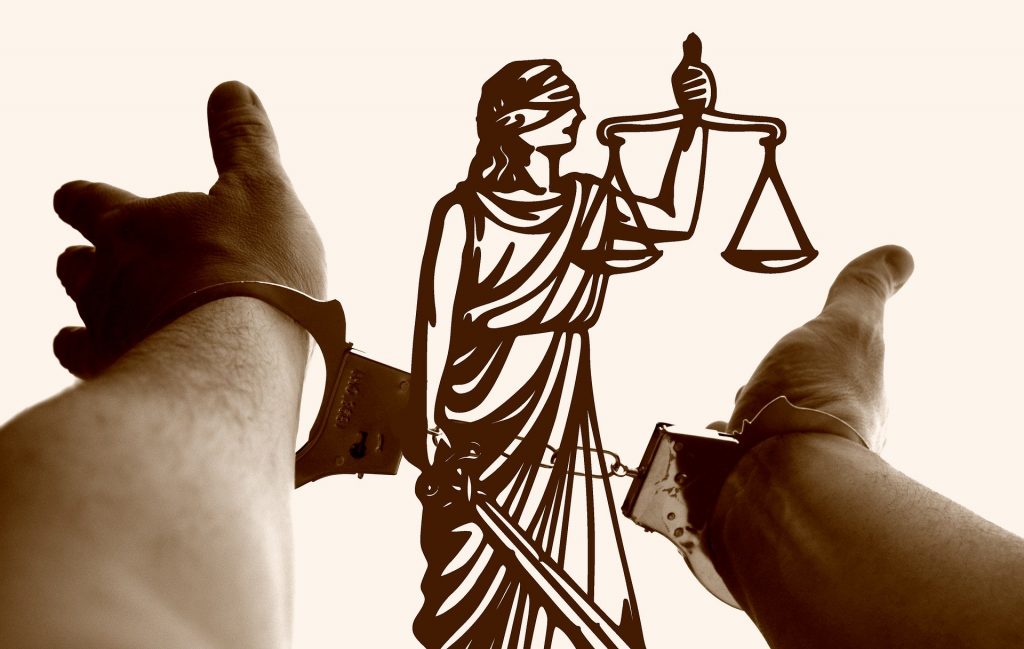
Mercy plea, pardons, and all communications for acts of mercy to and from the state executive, which is the President of India and governors of states in India’s case. It is the most common route opted by prisoners on death row or convicted for an offense with a death penalty as means to convert the said death penalty into life imprisonment. The reasons for having such a provision are beyond the scope of rule of law and are perceived as based on humanitarian grounds, but there is always a logical side to such concepts. The article shall endeavor to establish the applicability and legal provisions concerning petitions in India and deal with the theories behind it.
Constitutional Provisions
In a humane approach to law, mercy plea is enshrined as a matter of recourse available to convicts. It is not to be confused with the rights of convicts (which shall be discussed further) and obligation on the executive as is made clear by the Constitution that it is not a right but rather a matter of grace. The executives in India i.e., the President and the Governors exercise their powers under Article 72 and Article 162 of the Indian Constitution respectively to pardon sentences.
Article 72
Article 72 of the Indian Constitution enshrines the President of India with powers of pardon, reprieves, respites, and/or remissions of sentences or punishments of convicted persons of offenses due to which the said person underwent a court-martial, judicial trial for an offense against the law relating to which the executive holds power over and in cases where having gone through the trial, the person is convicted to death sentence/capital punishment.
Article 162
Article 161 of the Indian Constitution provides for the Governors of various states to exercise their power to commute, pardon, remit or suspend punishments in particular cases. This power is again susceptible to limitations. Similar to Article 72 of the Indian Constitution, Article 161 is restricted as it is exercisable only over offenses against any law about matters that the state’s executive has power over.
Provisional History
These provisions of the constitution were however interpreted differently by courts in the past. In a drastic event, the supreme court of India in the case of Maru Ram v. Union of India held that the power presented by the constitution to the executives of the state should not be exercised by them alone, and hence the powers must be exercised by the state and the central government with the advice given by the appropriate government binding the executive citing cases of Gopal Vinayak Godse v. State of Maharashtra & Ors and Sarat Chandra Rabha and Ors. v. Khagendranath Nath & Ors, the apex court cemented this precedent.
The apex court reversed the balance of power and restored these powers back to the executive in the case of Kehar Singh and Anr. Etc vs Union Of India and Anr. The court in this particular case held that this power belongs to the people and must be exercised by the highest dignitary of the state and that the constitution of India further cements the head of the state as the one enjoying the high status. Although the president must be in conformity with the council of ministers as per the Constitution, The judgment restored a balance.
Arbitrary Pardon and Delay in Petition
The supreme court of India in Swaran Singh v. the State of UP has eloquently stated that clemency powers are not out of the jurisdiction of courts and shall be liable for Judicial Review. This means that exercise of such power by the president cannot be against the spirit of the constitution.
While the apex court has condemned the very fact that deciding mercy pleas for convicts takes up a large part of the proceedings and must be regulated on multiple occasions, the SC has in cases of inordinate delay of mercy petitions, the court may commute the death sentence to life imprisonment. The apex court in the same judgment changed the dynamic of mercy plea stating that it is in fact a fundamental right under Article 21 of the constitution for the convict to appeal for mercy while the act of mercy in itself is not a right but subject to appeal and approval by the president.
A matter of plea
These articles provide an inclusive approach by stating that the executive not only has pardon powers but also to reduce sentences, temporary suspension of sentences and awarding lighter punishment. But the power of Pardon is special as it provides a real reason for convicts to reform and hope for a pardon on good behavior.
It is necessary as there might be cases of insanity or mental illness undetectable due to technological constraints that might later be revealed which prompted the convicted person to act in the way they did. In such cases, at least on humanitarian grounds, a person must be able to plead for a lesser sentence for the want of better.

Despite these provisions, it is necessary to understand that it is not just a matter of good behavior but a matter of the last exercise of legal remedy available to a convict on death row. Once a decision against a person is pronounced, there is one last legal remedy available that essentially renders the judgment altered in theory but not practically as the judgment holds and is valid even if pardoned.
Mercy plea is a matter that while under the purview of the judiciary surpasses its bounds and limitation and hence is treated as such. It is for this reason that these remedies are not a matter of right but rather a matter of appeal which in turn is guaranteed.
This is best represented in the Shatrughan Chauhan case wherein the convicts, who assassinated the then Prime Minister Rajiv Gandhi were denied mercy plea for 11 years and the inordinate delay prompted the courts to grant a commutation of the sentence. Hence while pleas are not a matter of right, they very well come – under judicial purview.
Theories behind Mercy Petition

Mercy pleas have historically been separated from the wheels of justice and vehicle of law. Mercy pleas are their own distinct actions that do not confer a person with a sense of justice nor do they relay a feeling of injustice. While termed as a last legal resort, it is not really a legal proceeding. The judiciary might not be a bystander during such petitions, but it is not better than one. The executive’s exercise of power when justified is absolute and is an action in the class of its own. As described by Justice Cardozo in Andrews v. Gardiner, 121 N.E. 341, 343 (1918), a mercy petition is not a proceeding in a court but rather a petition for “mere grace and mercy”. He further stated that in such situations, the plea is not targeted towards a body of reason but rather towards compassion.
The importance of a mercy petition cannot be argued in most cases, especially in cases of the death penalty where the last recourse is almost always a mercy petition. The importance of this can be seen in the recent case ill-famed and horrendous Nirbhaya Gang Rape Case. The death sentence was challenged till the last literal minute before execution. The whole procedure for the want of justice was fast-tracked and was impressive from Delhi High Court but the mercy plea and its rejection was what prompted the court to fast–track the proceedings. The challenge of ensuring audi alteram partem for the convicts was practiced and an efficient proceeding took place.
These proceedings bring out the more humane and nuanced approach towards mercy pleas. Clemency petitions revolve around reasons not limited to judicial facts but going beyond it and relying on compassion and assertion. But is mercy plea really mercy? Or is it forgiveness? Or is it an apology? Or maybe in some way an apology from the system towards the convicts?
A passive-aggressive notion is that mercy pleas are an act of compassion and mercy from the state towards the convicts. A last act of forgiveness. The more provocative thought is that these mercy petitions serve as an apology towards these convicts for the failure of the system for condemning a set of persons to these punishments. Again these are just theories put forward but the most acceptable one globally is that mercy is the last act of compassion from the state that convicts can get.
But is the act of granting mercy equal to granting justice? Isn’t justice upholding the decision of the judicial body that was present throughout the trial? Is it injustice for an executive to significantly alter the sentence of a convict? Herein lies a notion that if mercy is equated to justice, then executives essentially is a judicial body and that the act of mercy would give a wrongful idea for convicts that they would no matter what be pardoned by the executive and might push other convicts to change their moral clockwork, and not really feeling a sense of grief and guilt. This is the primary reason why mercy is not legalized and hence is an option and a recourse available to be exhausted as a matter of rule and not right.
If mercy gets equated to justice, victims of crimes stand to lose a lot. Victims are not after redemption and revenge, but rather want the convict to understand the crime and feel a sense of guilt and apologetic towards society. A victim of crimes wants a convict to own the responsibility of their actions. Needless to say, mercy pleas if legalized and if equated with justice, would be against the interest of society in general.
Conclusion
Throughout the article, we understood the mechanics of the mercy plea, what it is and what it does. We understood the kind of impact it has on the whole judicial process. We can concur that it is indeed a valid practice that has been present in human civilization since executives/heads of state have been present. Legally, the Mercy petition does what it sounds like, it allows the last appeal of grace/mercy from the head of the state.
But on deeper analysis, mercy petition is a topic that is much debated. Why do we need to give such powers to the executive in the presence of the judiciary? Why should we follow a custom in practice since kings and queens utilized it on their whims and fancies? Is it archaic and arbitrary? Following the discourse, it is understood that mercy petition is not a favor but an act of grace, one last human emotion, one last act of compassion from the state towards a convict. So far, from the visible cases, there seems to be a neutral aura surrounding the topic, and as such much remains to be debated over its expansive nature.
Editor’s Note
The author in this article discusses the concept of mercy pleas and its constitutional provisions. The author also delves into the history of such provisions with the use of different judgments and interpretations. The author finally discusses the theory behind the mercy petition and concludes that mercy petition is the last act of grace, even though highly controversial more research and debate needs to be done to correctly understand its nature.